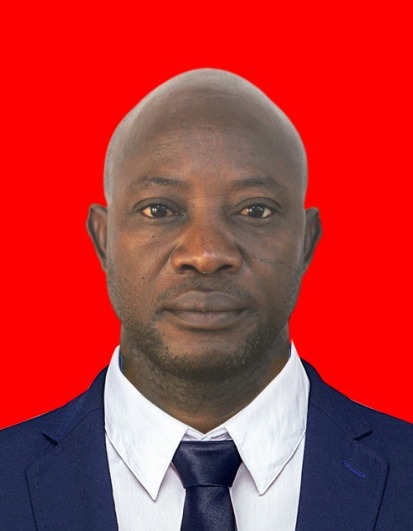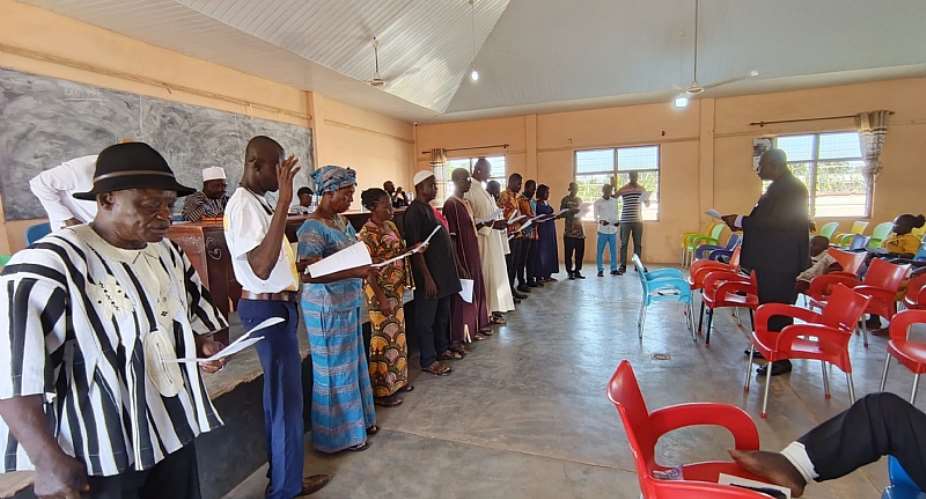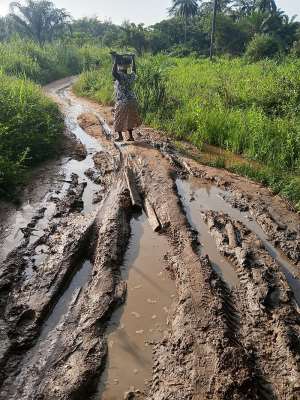The rise of private schools in the Upper West Region deserves both commendation and caution. Across the region, individuals are showing an increasing appetite for investment in education, with many turning their private homes into makeshift schools. This development highlights the willingness of private citizens to support the government in providing education, a responsibility the government cannot shoulder alone.
Yet, while this trend appears commendable on the surface, it raises serious concerns. Who regulates these schools? Who issues the permits, and once those permits are granted, who monitors their operations? Without clear answers, the proliferation of private schools risks becoming a breeding ground for substandard education. Some of these schools lack even the most basic facilities required to create a learning environment.
Supporters may argue that public schools also struggle with inadequate facilities, but there is an important distinction. Public schools remain under the watch of the Ghana Education Service (GES), which ensures regular supervision and adherence to policy guidelines. By contrast, many private schools are left unchecked. Worse still, some appear to exist merely to milk parents of their hard-earned money, without imparting the knowledge and skills that children desperately need. If this continues, the consequences for the future of our youth and the nation at large will be dire.
Education requires a proper environment. Turning private living rooms or garages into classrooms does not meet the standards of safety, health, or quality teaching. Anyone wishing to establish a school must invest in proper structures that create a conducive atmosphere for learning. Anything less is an insult to both the children and their parents.
Monitoring and supervision must also be tightened. The GES should step up to ensure that private schools follow the national curriculum and meet quality benchmarks. This includes ensuring that only qualified and trained teachers are employed, as the practice of hiring untrained staff simply because they are cheap undermines the very foundation of learning.
Private schools must also be fair with their fees. Education should not become a money-making machine that exploits parents. While these schools are private enterprises, their primary purpose must remain the empowerment of children through quality teaching and learning.
Periodic evaluation of private schools, both academically and administratively, will help identify gaps and improve standards. Communities, parents, and traditional authorities should also demand accountability and actively support schools that demonstrate a real commitment to quality education.
The growing role of private schools in the Upper West Region is commendable, but without effective regulation, the trend poses great danger. Education is too important to be left solely in the hands of profit seekers. The Ghana Education Service, in collaboration with district assemblies and traditional authorities, must set up a special task force to monitor, evaluate, and regulate private schools. The time to act is now, before we sacrifice the future of our children on the altar of profit.
Ghanaians are watching!
FAB's Gist.
The Rise of Private Schools in the Upper West Region—Commendable but Concerning
Regional
|
By FRANCIS ANGBABORA BAALADONG
|
51 views
5 months ago

Comments
Leave a Comment
No comments yet. Be the first to comment!


